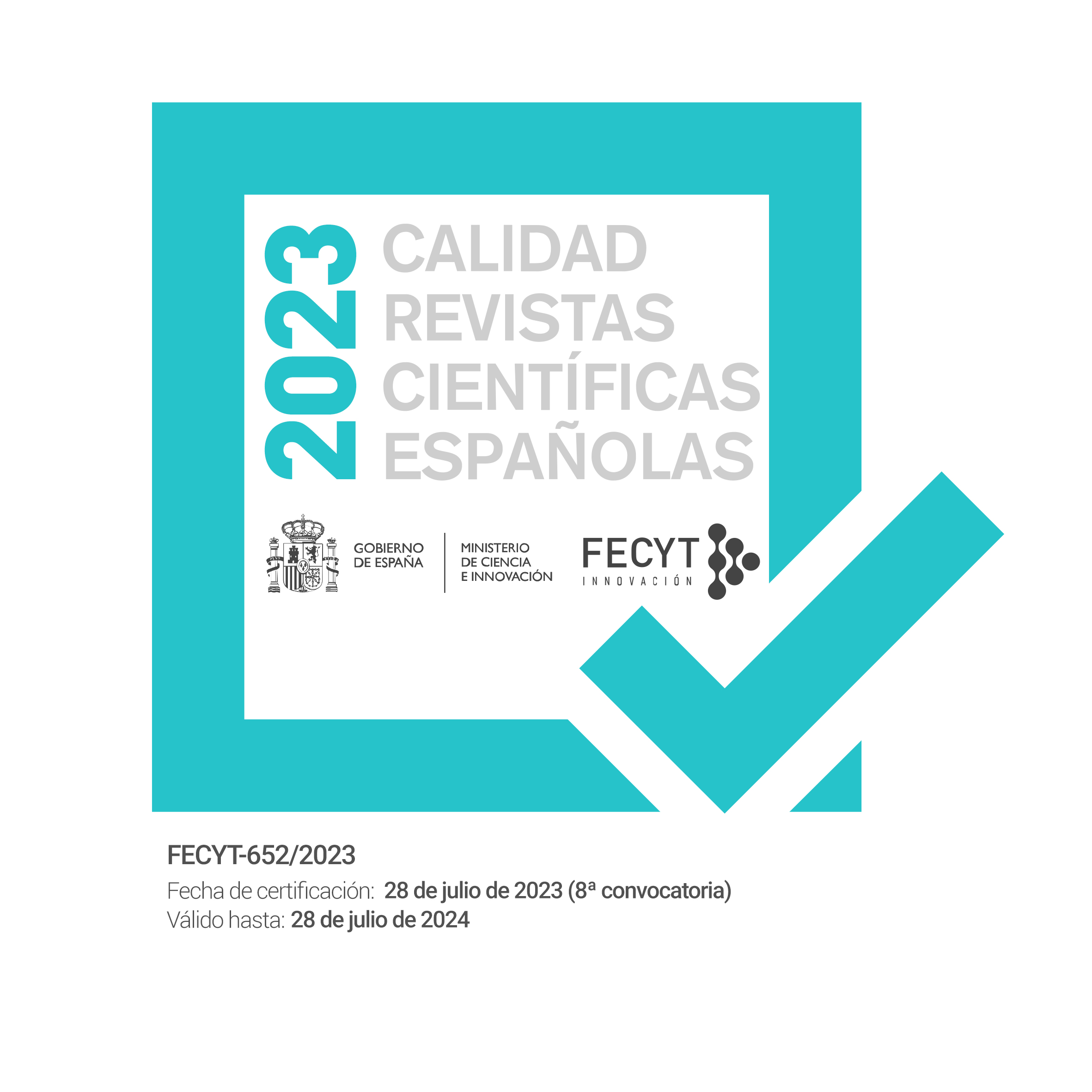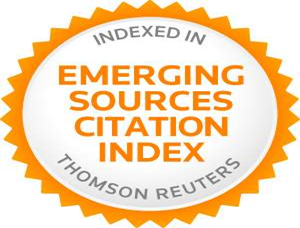Age-related factors in copula choice in steady state L2 Spanish grammars
Palabras clave:
Critical Period Hypothesis, age factors, copula choice, ultimate attainment, native and near-native speakers, language transfer and language learning setting.Resumen
This study investigates whether different age factors (i.e., age of arrival, number of years of exposure and chronological age) have an effect on ultimate attainment of copula choice in L2 Spanish. A group of 19 native speakers from Spain, 10 native Spanish speakers from 9 different origins, and two groups of 22 near-native speakers of Spanish (i.e., 11 Portuguese and 11 English native speakers respectively) took part in the study. Results from a grammaticality preference task of 28 items show that Portuguese native speakers do not have any advantage over their English counterparts as we predicted. Portuguese shares some properties related to copula choice with the Spanish language, but this is not the case for the English which does not have copula choice at all. Furthermore, our statistical analyses clearly indicate that the linguistic variation found between the native and non-native speakers can not be explained in relation to age factors alone. The present study, however, contributes to the understanding of the Critical Period Hypothesis (Lenneberg 1967), and ultimately to the study of Spanish as L2.Descargas
Publicado
Número
Sección
Licencia
Derechos de autor 2021 Kimberly L. Geeslin, Pedro Guijarro Fuentes

Esta obra está bajo una licencia internacional Creative Commons Atribución-NoComercial 4.0.
Reconocimiento – No comercial (CC BY-NC). Bajo esta licencia el usuario puede copiar, distribuir y exhibir públicamente la obra y puede crear obras derivadas siempre y cuando estas nuevas creaciones reconozcan la autoría de la obra original y no sean utilizadas de manera comercial.
Los autores retienen todos sus derechos de publicación y copyright sin restricciones.








